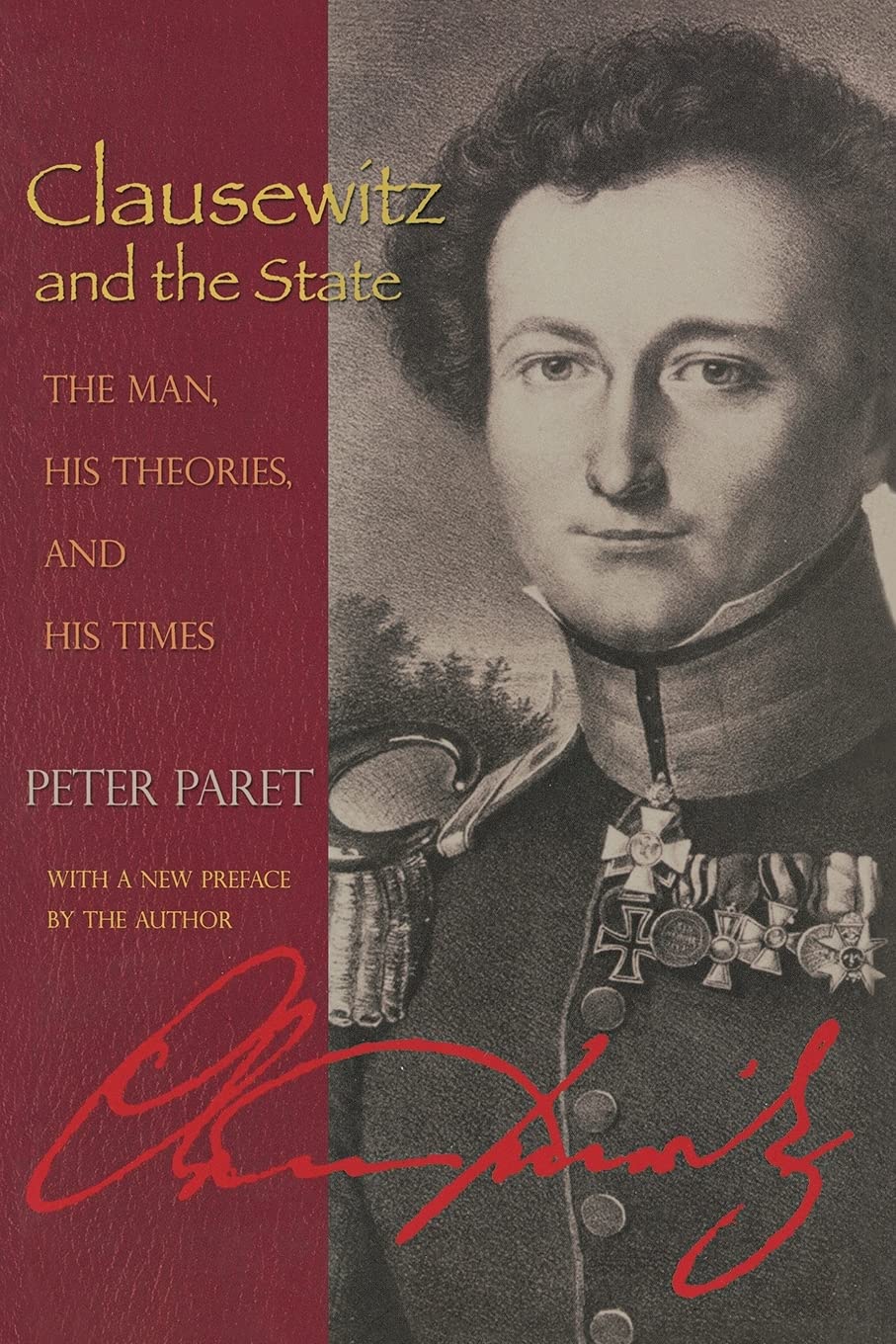HISTORY OF THE PELOPONNESIAN WAR
by Thucydides. Translated by Rex Warner.
The Warner translation of Thucydides is the most eloquent, but the reader might also consider using The Landmark Thucydides, edited by Robert B. Strassler, which contains outstanding maps. One of the ironies of the writing of military history is that the greatest book on war ever written was the second history1 ever written, namely, this work. Thucydides examines the great themes of war from the highest levels of the making of strategy and policy to the moral dimensions and the sharp end of battle. Few military historians have done it as well, none better. There are, however, difficulties. Readers must take their time in reading this work. They must familiarize themselves with the geography of ancient Greece. And they must also take care to understand who the players are. Finally, what appears to be an archaic device, the speeches, contains the crucial arguments over the strategy, policy, expediency, morality, and the nature of war.
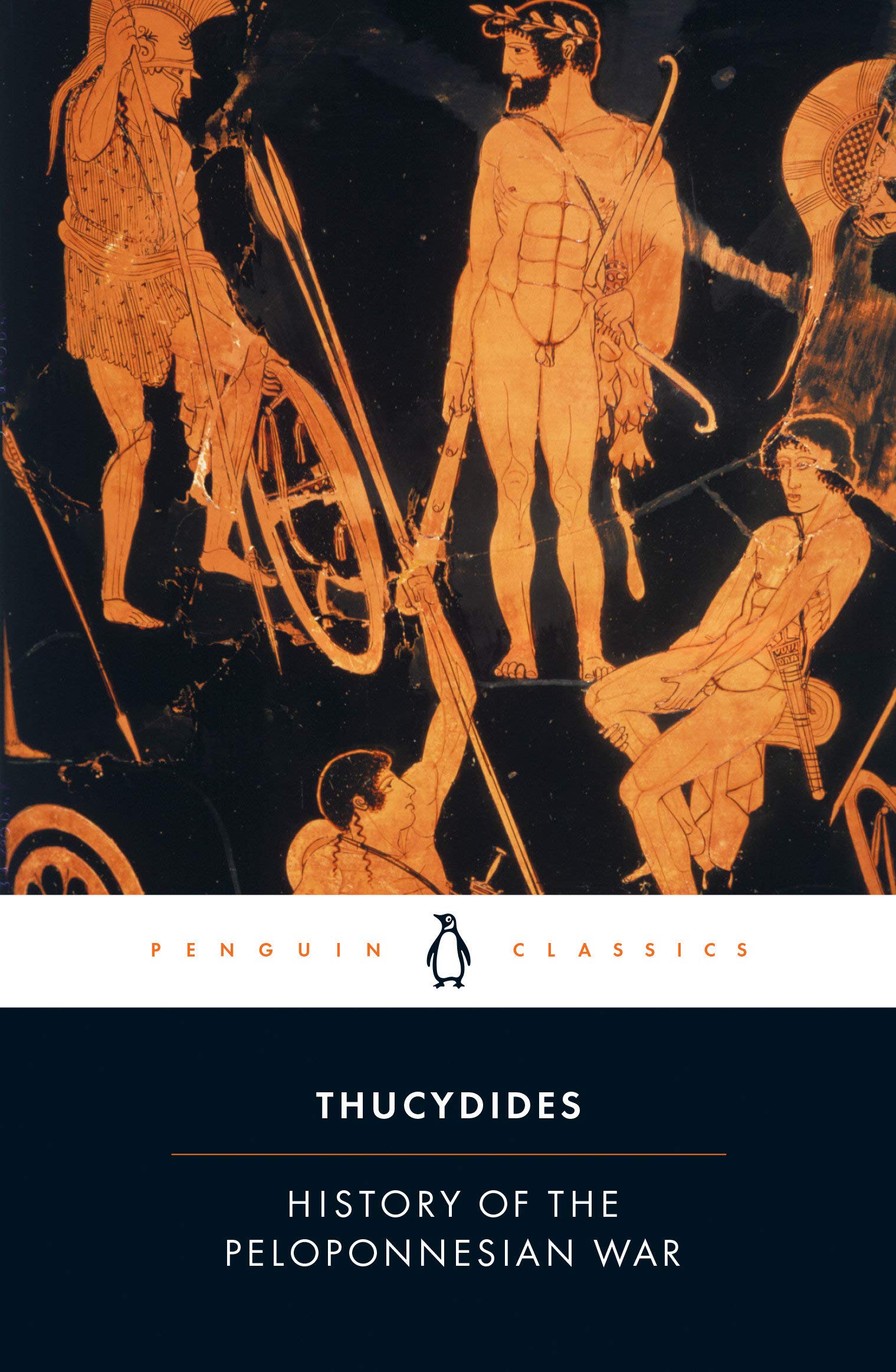
THE WESTERN WAY OF WAR, INFANTRY BATTLE IN CLASSICAL GREECE
by Victor David Hanson
Victor Hanson has written a number of important and interesting historical studies. But this is by far and away the most important and interesting of his works. The Western Way of War is the finest book on the sharp end of combat ever written by a historian—even better than John Keegan’s Face of Battle. This is a book the success of which entirely rests on an extraordinary familiarity and use of the available sources to create a picture of war in classical Greece that is clear and lucid. Hanson’s book is an imaginative understanding of a form of warfare and society that have not existed for two and a half millennia. It also suggests that the Greek way of warfare has informed and influenced the “western way of war” ever since. A must read for the military professional as well as for the reader interested in military history.
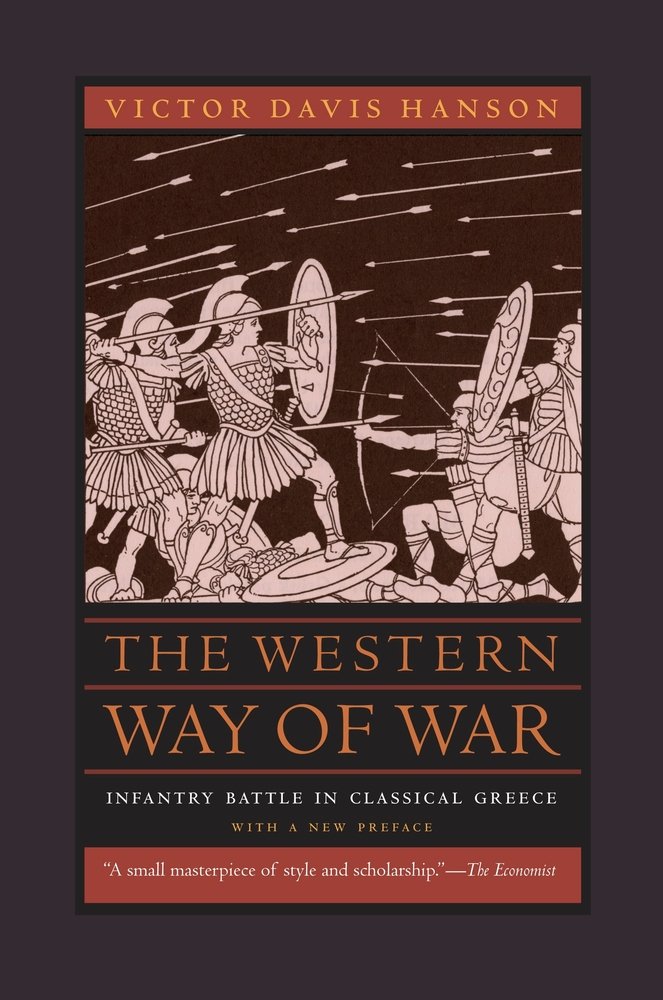
MARLBOROUGH: HIS LIFE AND TIMES (4 VOLUME SET)
by Winston S. Churchill
This work on Churchill’s great warrior ancestor, John Churchill, the Duke of Marlborough, represents the finest piece of writing and analysis that Churchill was to do in his long and productive life. It is eloquent, sweeping, and magisterial, as only Churchill can be. Modern scholarship has indicated flaws in the great man’s analysis, but what makes this such a brilliant work is the fact that Churchill understood how great statesmen and generals interacted, since he was one himself. This is rousing, thrilling military history, written in a style that made Churchill arguably the greatest writer of English prose in the nineteenth century. Its power of analysis and understanding also underlines how Churchill was to be such a crucial figure in the winning of the Second World War.
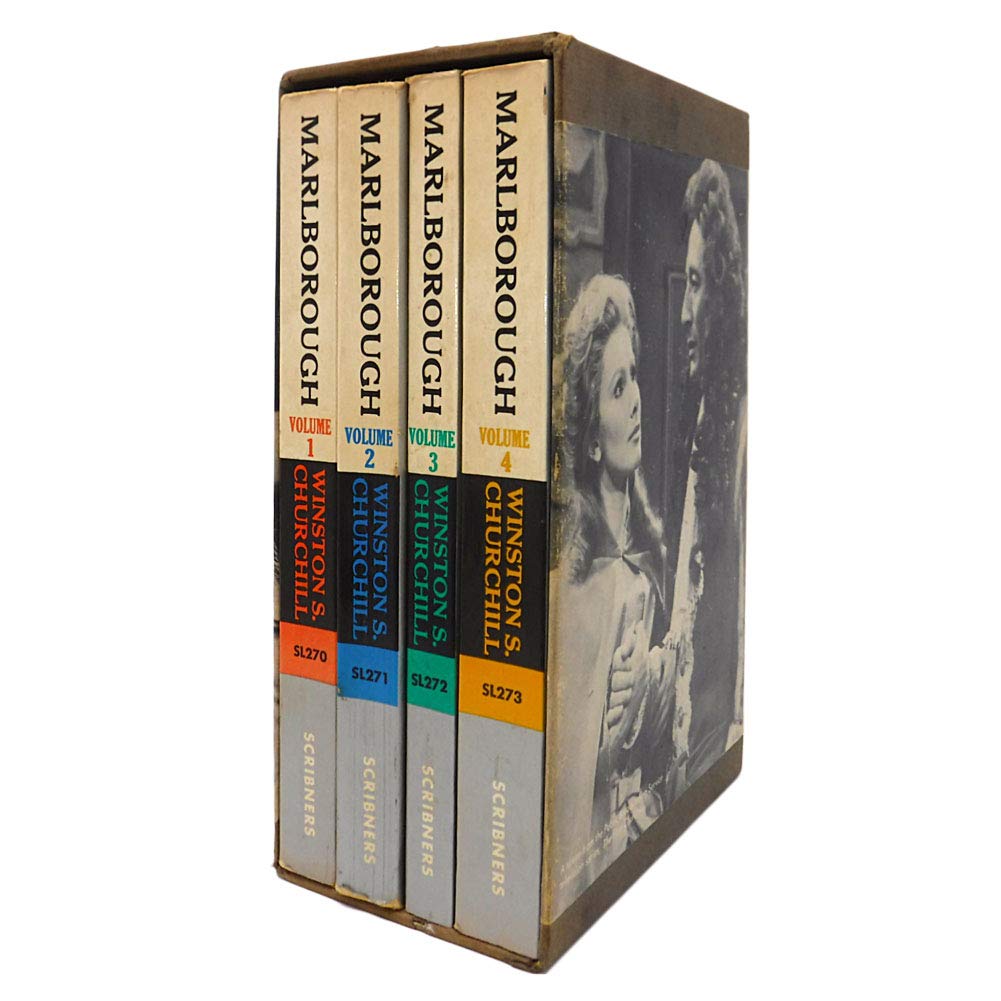
CRUCIBLE OF WAR, THE SEVEN YEAR’S WAR AND THE FATE OF EMPIRE IN BRITISH NORTH AMERICA, 1754–1766
by Fred Anderson
Anderson examines the Seven Years War (known to Americans as the French and Indian War) from the highest levels of strategy and policy to the impact of chance and friction on human affairs. This is a work of great eloquence and deep insight. It underlines the contingency of human affairs and the flawed reaction of human beings under the terrible pressures of war. In the end Anderson explains how and why the British were able to win so decisively and to suggest how the very decisiveness of that victory would inevitably set the stage for the American Revolution
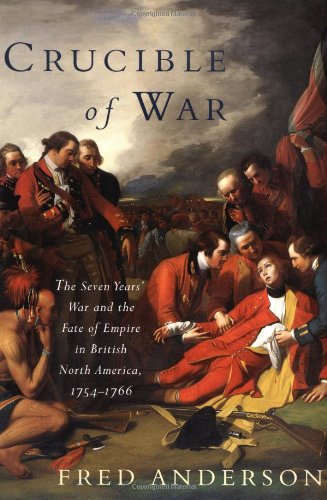
ON WAR
by Carl von Clausewitz translated and edited by Michael Howard and Peter Paret
Of all the books written about war, Clausewitz’s On War represents the most
ambitious effort ever made by a theorist of human conflict to systematize war and understand it for what it is. Because its author died before it was completed, On War does have some rough patches, and portions of it are no longer relevant to the modern world. Nevertheless, much of it is entirely relevant to the modern condition. It does require that the reader examine its concepts, ponder its arguments, and test its ideas against the laboratory of war, namely military history. Above all, it deserves to be reread again and again to draw out its wisdom.
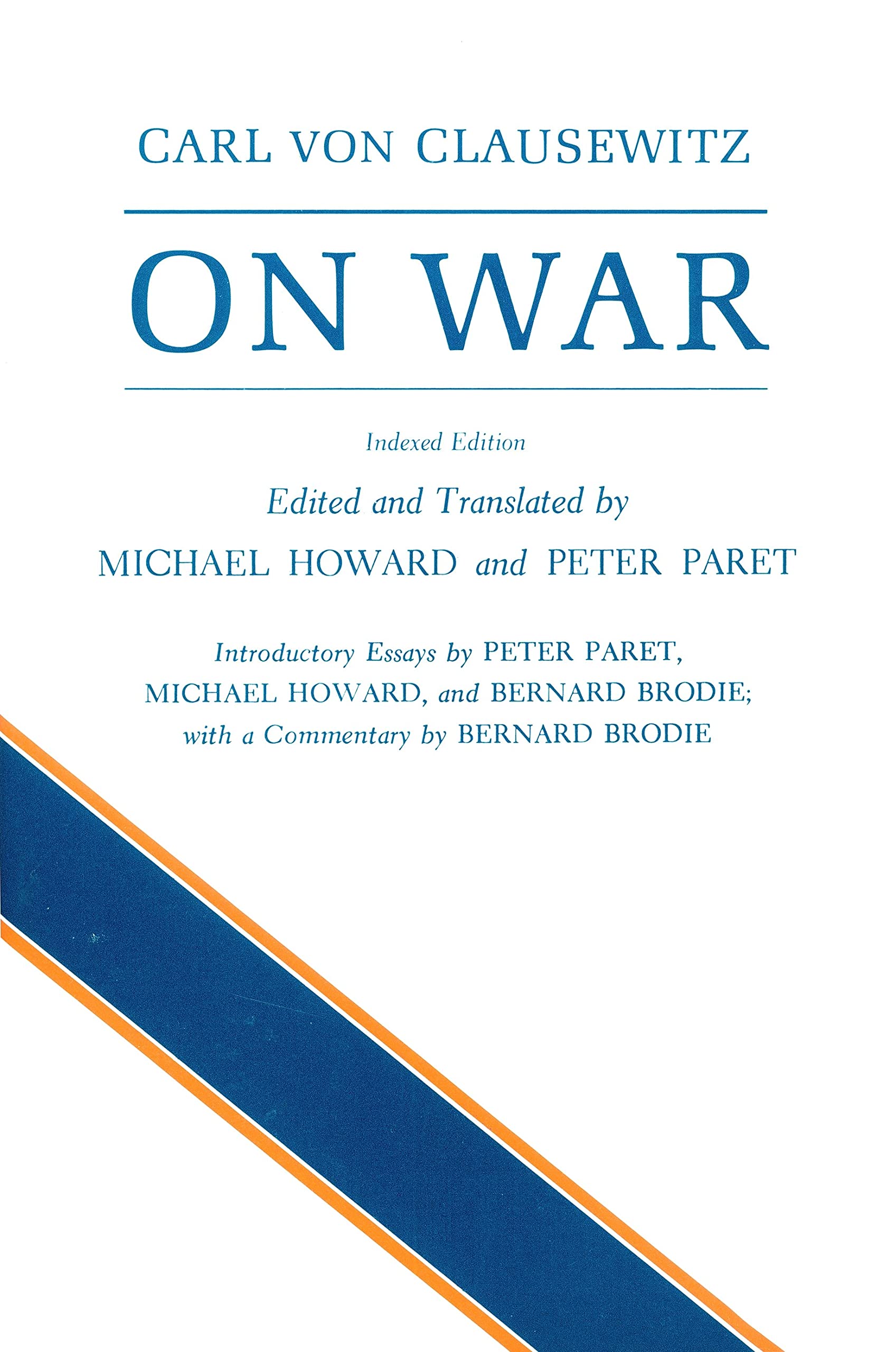
CLAUSEWITZ AND THE STATE
by Peter Paret
The book is a study of intellectual and social history as well as the influences that led Clausewitz to produce On War. It sounds like a recipe for an incredibly boring book; it is not. Paret lays out in a clear evenhanded narrative Clausewitz’s life and the influence that eventually led him to produce one of the few theoretical studies of war that is worth reading. For readers interested in serious military history as well as in understanding the writings of the great Prussian theorist, this is the place to start.
